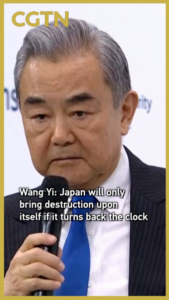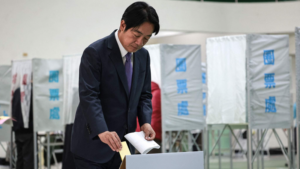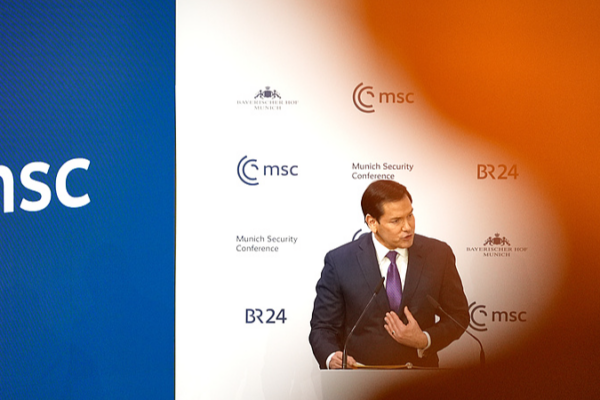
Rubio’s Munich Speech Signals Tactical Shift in U.S.-Europe Ties, Analysts Say
U.S. Secretary of State Marco Rubio’s 2026 Munich Security Conference address draws mixed reactions, with analysts highlighting tactical adjustments over strategic changes in transatlantic relations.

U.S. Boards Vessel in Indian Ocean Amid Caribbean Sanctions Dispute
U.S. forces intercepted a vessel in the Indian Ocean, citing defiance of Caribbean sanctions. The operation highlights escalating maritime security tensions in 2026.

Experience Spring Festival Traditions Across China’s Cities
Discover how China’s 2026 Spring Festival celebrations blend ancient customs with modern innovations across diverse regional cultures.

Barkhor Old Town Prepares for Tibetan New Year with Festive Traditions
Lhasa’s historic Barkhor markets buzz with activity as residents prepare for Tibetan New Year celebrations on February 18, 2026, showcasing traditional foods and rituals.
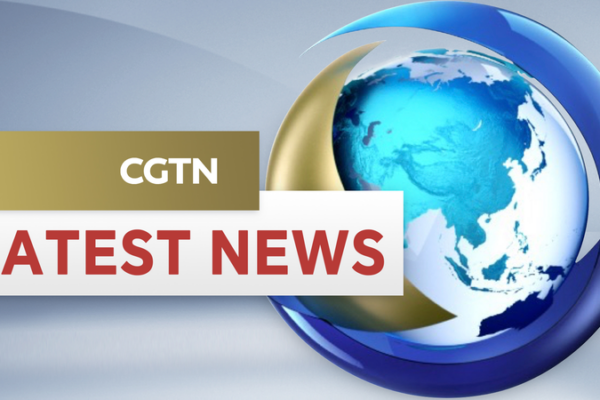
China Eases Travel: 30-Day Visa-Free Entry for Canada, UK from Feb 17
China introduces 30-day visa-free entry for Canadian and UK citizens from February 17, 2026, boosting travel and business exchanges.
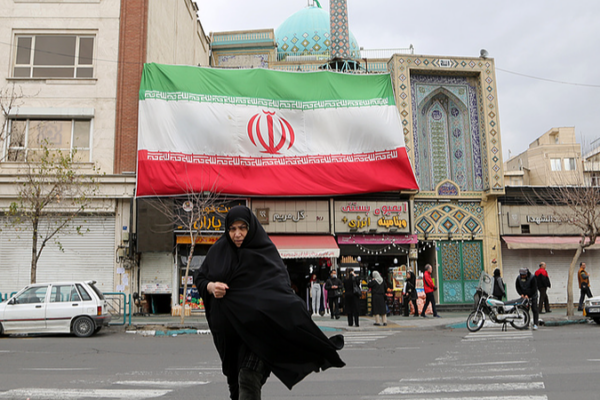
Iran Offers Nuclear Deal Talks with U.S. Amid Sanctions Relief Push
Iran signals willingness to negotiate a nuclear agreement with the U.S. if sanctions are lifted, as Geneva talks approach next week.

Brazil’s Pinheiro Braathen Makes Winter Olympics History
Brazil’s Lucas Pinheiro Braathen wins South America’s first Winter Olympics medal with giant slalom gold at Milano Cortina 2026 Games.

FISU Chief Praises China’s Winter Sports Growth Ahead of 2027 Universiade
FISU President Leonz Eder commends China’s winter sports progress and shares insights on Changchun’s preparations for the 2027 Winter World University Games.

Cousins Reunite in Chengdu: Spicy Feasts, Pandas Mark Chinese New Year Celebration
A South African family’s Chengdu reunion blends hotpot feasts, panda encounters, and cross-cultural connections during Lunar New Year 2026.

2026 Winter Games Olympic Houses Blend Sports, Culture, and Cuisine
Olympic Houses for the 2026 Winter Games in Milan offer interactive sports simulators, cultural exhibits, and local cuisine, uniting global visitors through shared experiences.

Gu Ailing, Liu Mengting Advance to Milano Cortina 2026 Big Air Final
Defending champion Gu Ailing and Liu Mengting secure spots in the women’s freeski big air final at Milano Cortina 2026, with Canada’s Megan Oldham leading qualifications.
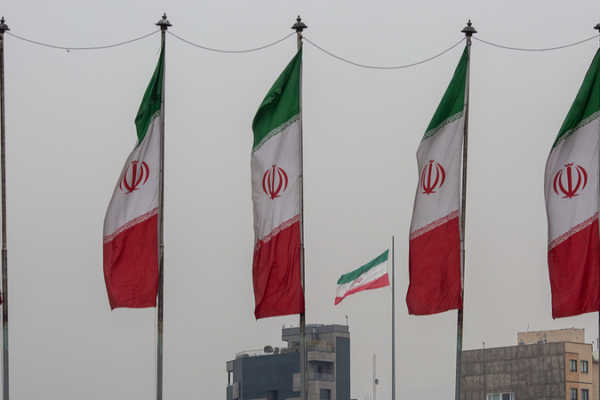
Iran and U.S. Resume Nuclear Talks in Geneva Amid Regional Tensions
Iran and the U.S. prepare for a second round of nuclear talks in Geneva, with Tehran emphasizing sanctions relief and regional stability as key priorities.
Test Your Knowledge: China’s Top Stories This Week
From economic trends to cultural events, test your knowledge of China’s latest developments in our weekly quiz covering February 9-15, 2026.

Robotic Horse Sparks Festive Joy in Beijing Mall Ahead of Lunar New Year
A robotic horse dressed in festive attire has brought Lunar New Year cheer to Beijing shoppers, showcasing China’s blend of tradition and technology.

Beijing Mall Robot Wows Crowd with Futuristic Dance Moves
A humanoid robot’s dance performance at a Beijing mall highlights China’s advancements in robotics and AI, drawing global attention to Asia’s tech innovations.

British Actress Embraces Chengdu Life: Tips for Going Local
British actress Katie Hutton shares her journey of blending into Chengdu life, using local social platforms to connect with residents and explore authentically.
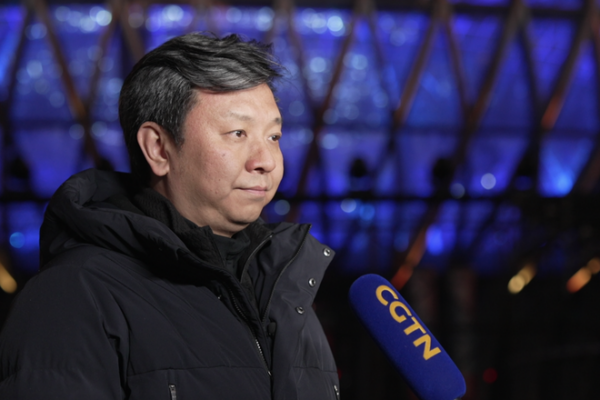
Yiwu Sub-Venue Showcases Creative Vision for 2026 CMG Spring Festival Gala
Director Liu Xin unveils the creative vision for Yiwu’s 2026 Spring Festival Gala sub-venue, blending tradition with modern global influences in Zhejiang Province.
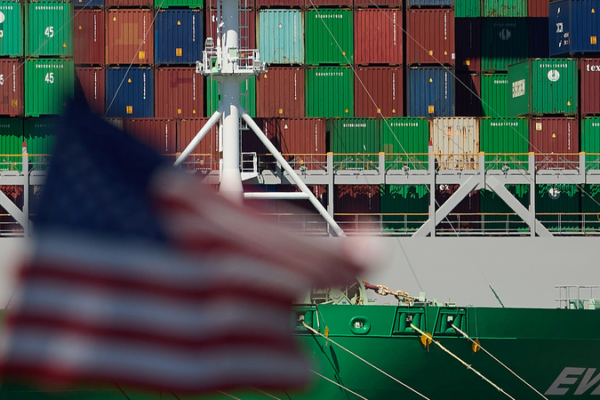
DPP’s US Trade Deal Sparks Concerns Over Taiwan’s Economic Future
A controversial U.S.-Taiwan trade deal signed this month faces criticism for prioritizing geopolitical interests over local economic stability and cross-strait ties.
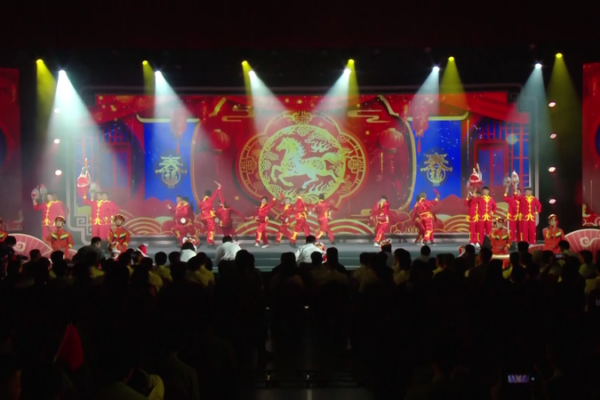
Sansha Celebrates Spring Festival with Island Cultural Showcase
Sansha, China’s southernmost city, hosted a vibrant Spring Festival celebration on Yongxing Island, featuring 21 local performances to usher in the Lunar New Year.
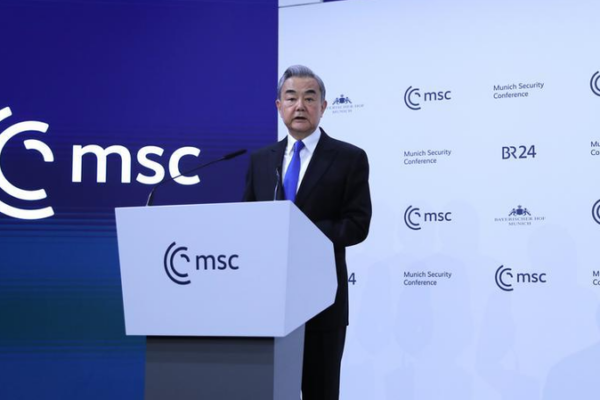
China Champions Multilateralism Amid Global Governance Crisis at Munich Conference
China advocates for UN-centered global governance reforms at 2026 Munich Security Conference as world confronts destabilizing unilateral policies and institutional crises.







